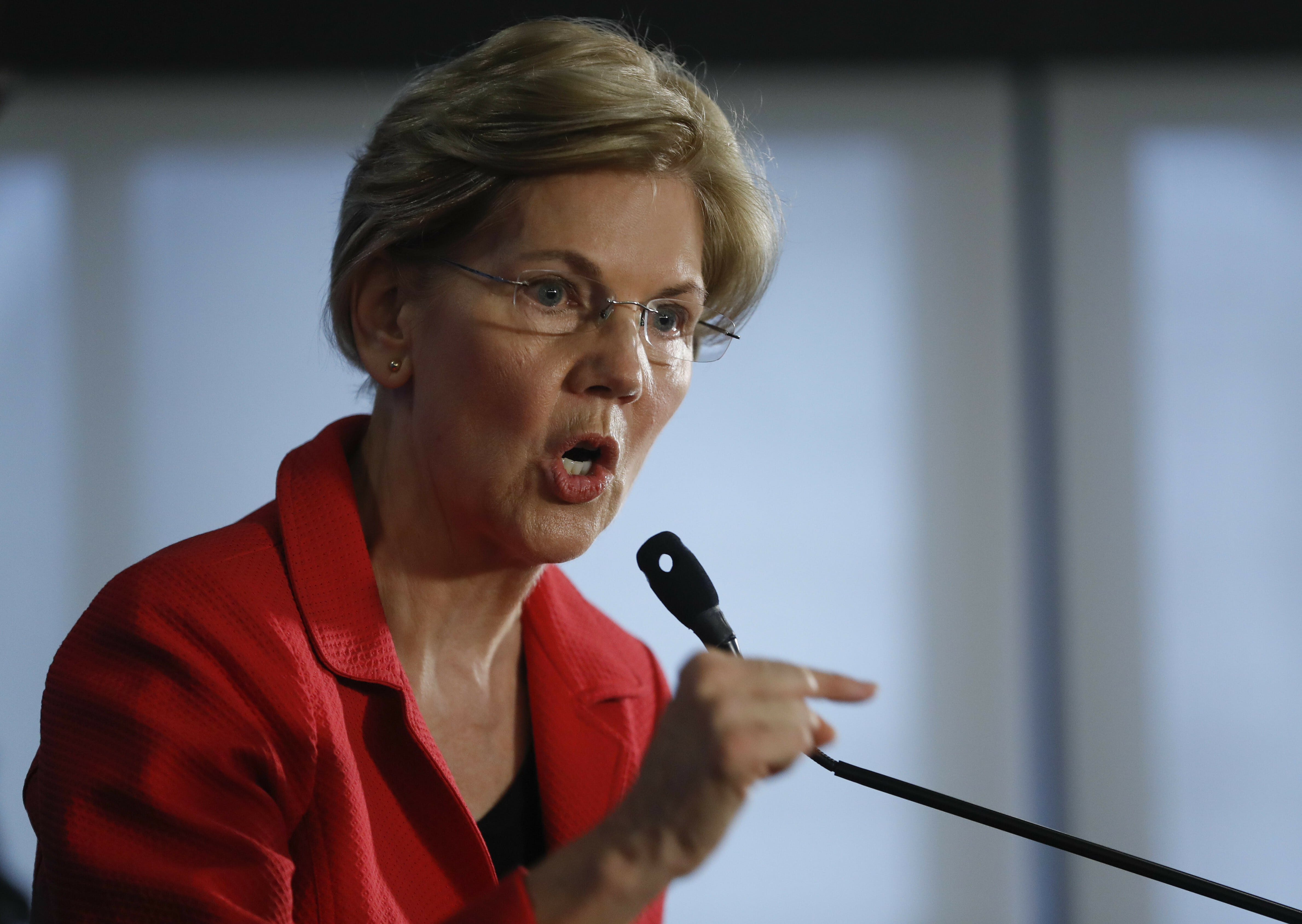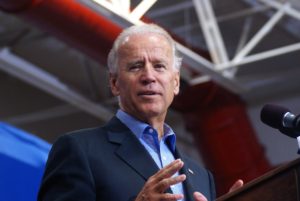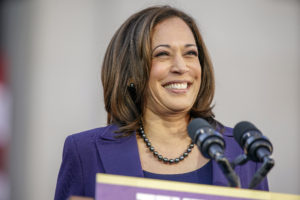Elizabeth Warren Unveils Plan to Fund Universal Child Care
The Massachusetts Democrat is the first 2020 presidential contender to create a policy that addresses the issue. Sen. Elizabeth Warren, D-Mass. (Pablo Martinez Monsivais / AP)
Sen. Elizabeth Warren, D-Mass. (Pablo Martinez Monsivais / AP)
As Bloomberg reported last year, Americans spend almost as much on child care as they do on rent. Now, Sen. Elizabeth Warren of Massachusetts has become the first 2020 presidential contender to unveil a plan to address those rising costs.
HuffPost reporter Jonathan Cohn observes that “child care has rarely gotten serious attention in American politics.” The World War II-era Latham Act, which provided child care for women working in wartime factories, was phased out when the war ended. In the 1960s, anti-poverty legislation resulted in Head Start centers that provided early child care and education for low income families, but, as Cohn points out, the prospects for more and better child care legislation are dim now “given Republican control of the Senate and the White House and the GOP’s skepticism of large-scale government spending programs.”
Warren’s plan would provide free child care to families with incomes below 200 percent of the federal poverty level, which is approximately $51,000 annually for a family of four. All other families would pay only up to 7 percent of their income, no matter their number of children.
The 7 percent figure, Cohn explains, doesn’t come “out of thin air.” It’s the amount the Department of Health and Human Services currently defines as affordable child care. “But these days,” he writes, “care costs a lot more than that for large numbers of families across the country”—an average of 11 percent for married couples and a whopping 37 percent for single parents, according to data from Child Care Aware of America, a research and advocacy organization.
“In the wealthiest country on the planet, access to affordable and high-quality child care and early education should be a right, not a privilege reserved for the rich,” Warren writes as she introduces her plan in her post on medium.com.
If enacted, her plan would increase the number of children with access to early childhood education “from 6.8 million (or one-third of those under 5 years old) to 12 million (or 60 percent of children under 5), the economists said. It would cut formal care costs for families with young children by about 17 percent,” Sahil Kapur writes in Bloomberg, which used data from an analysis of a care.com index in its 2018 report on child care.
Warren’s plan would offer federal funding to child care facilities that meet federal staffing, education and safety standards.
According to estimates provided to HuffPost, Warren’s proposal would cost $700 billion over the next decade.
“The new outlays in Warren’s plan would be at least four times what the federal government currently spends on its main early childhood programs, which include Head Start, a block grant for state-level child care programs, and a tax credit that mostly benefits middle-class families,” Cohn writes.
As a source familiar with Warren’s plan told HuffPost, “The fact that somebody is coming out of the blocks and talking about [child care] in such a big way, it’s a really important sign.”
With her plan to make child care accessible, Warren has become the first candidate to add the issue to the list of policies—including “Medicare for All,” the Green New Deal and a $15 minimum wage—that Democrat presidential hopefuls are touting to burnish their progressive credentials.
Your support matters…Independent journalism is under threat and overshadowed by heavily funded mainstream media.
You can help level the playing field. Become a member.
Your tax-deductible contribution keeps us digging beneath the headlines to give you thought-provoking, investigative reporting and analysis that unearths what's really happening- without compromise.
Give today to support our courageous, independent journalists.









You need to be a supporter to comment.
There are currently no responses to this article.
Be the first to respond.